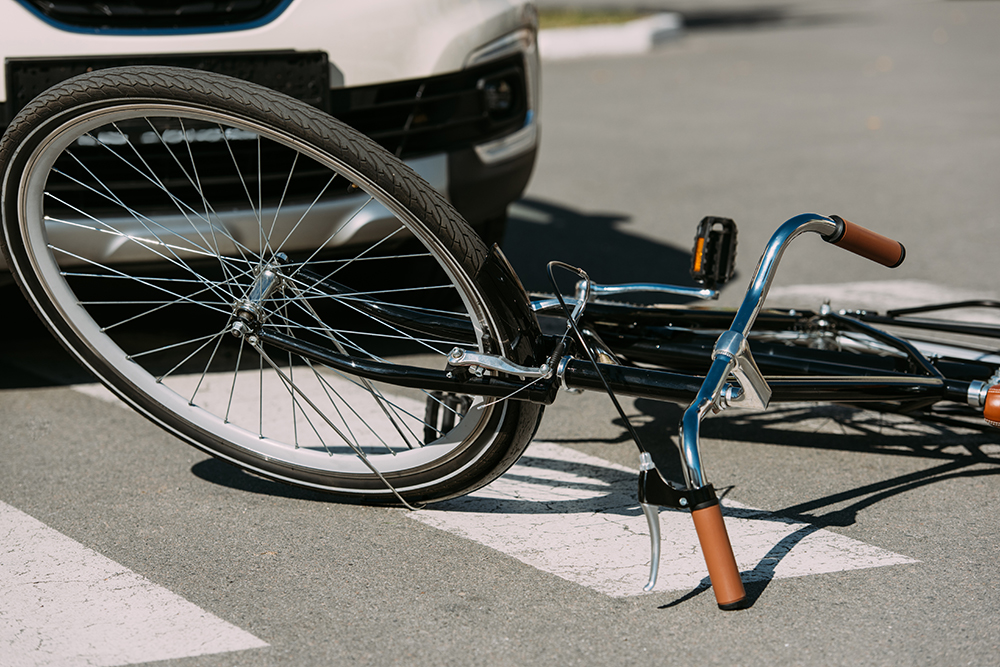Despite the advancements in bicycle design and manufacturing, accidents can still occur due to defective bicycle components. From faulty brakes to substandard frames, defects in bicycle parts can lead to serious injuries and even fatalities. In such cases, understanding product liability laws and pursuing claims against manufacturers, distributors, and retailers becomes essential, as the case your bicycle accident lawyer constructs hinges on these critical concepts.
Our friends from Marsh | Rickard | Bryan, LLC explain the avenues available to people injured because their bike malfunctioned and an overview of product liability claims.
Identifying Defective Bicycle Components
Defective product claims for bicycle accidents may be due to one of the following reasons:
- Manufacturing Defects: These occur during the production process, resulting in individual components or entire bicycles that deviate from intended specifications. Examples include improperly welded frames, cracked forks, or malfunctioning brakes due to substandard materials or assembly errors.
- Design Defects: These arise from inherent flaws in the design of bicycle components, making them unreasonably dangerous even when manufactured according to specifications. Design defects may include unstable handlebars, insufficiently reinforced frames, or pedals prone to breakage under normal use.
- Failure to Warn: Manufacturers have a duty to provide adequate warnings or instructions regarding foreseeable risks associated with the use of their products. Failure to warn of known hazards, such as the potential for pedal detachment or brake failure under certain conditions, can render a product unreasonably dangerous.
Pursuing Product Liability Claims
Your bicycle accident lawyer may name one or more of the following parties as a defendant in your claim:
- Manufacturers: The primary targets of product liability claims are often the manufacturers responsible for designing, producing, and assembling bicycle components. Manufacturers have a duty to ensure that their products are safe for their intended use and free from defects.
- Distributors and Retailers: Entities involved in the distribution and sale of defective bicycle components may also be held liable for injuries caused by those products. Distributors and retailers have a duty to exercise reasonable care in selecting and selling products, including ensuring that they are not unreasonably dangerous.
Legal Theories In Product Liability Claims
Product liability claims in defective bicycle component cases typically proceed under one or more legal theories, including:
- Strict Liability: Under strict liability principles, manufacturers, distributors, and retailers may be held liable for injuries caused by defective products, regardless of fault.
- Negligence: Plaintiffs may also pursue claims based on negligence, alleging that the defendant breached a duty of care owed to consumers by designing, manufacturing, or distributing defective bicycle components.
Proving Liability And Damages
For a successful bicycle injury claim, your attorney must establish each of the following:
- The existence of a defect in the bicycle component.
- The defect rendered the product unreasonably dangerous.
- The defect caused the plaintiff’s injuries or damages.
- The extent of the plaintiff’s injuries and resulting damages, including medical expenses, lost wages, pain and suffering, and other losses.
Defective bicycle components can have devastating consequences for cyclists, leading to serious injuries and fatalities. Pursuing product liability claims against manufacturers, distributors, and retailers is essential for holding accountable those responsible for putting defective products into the stream of commerce.
